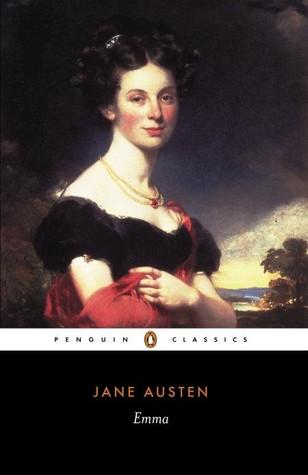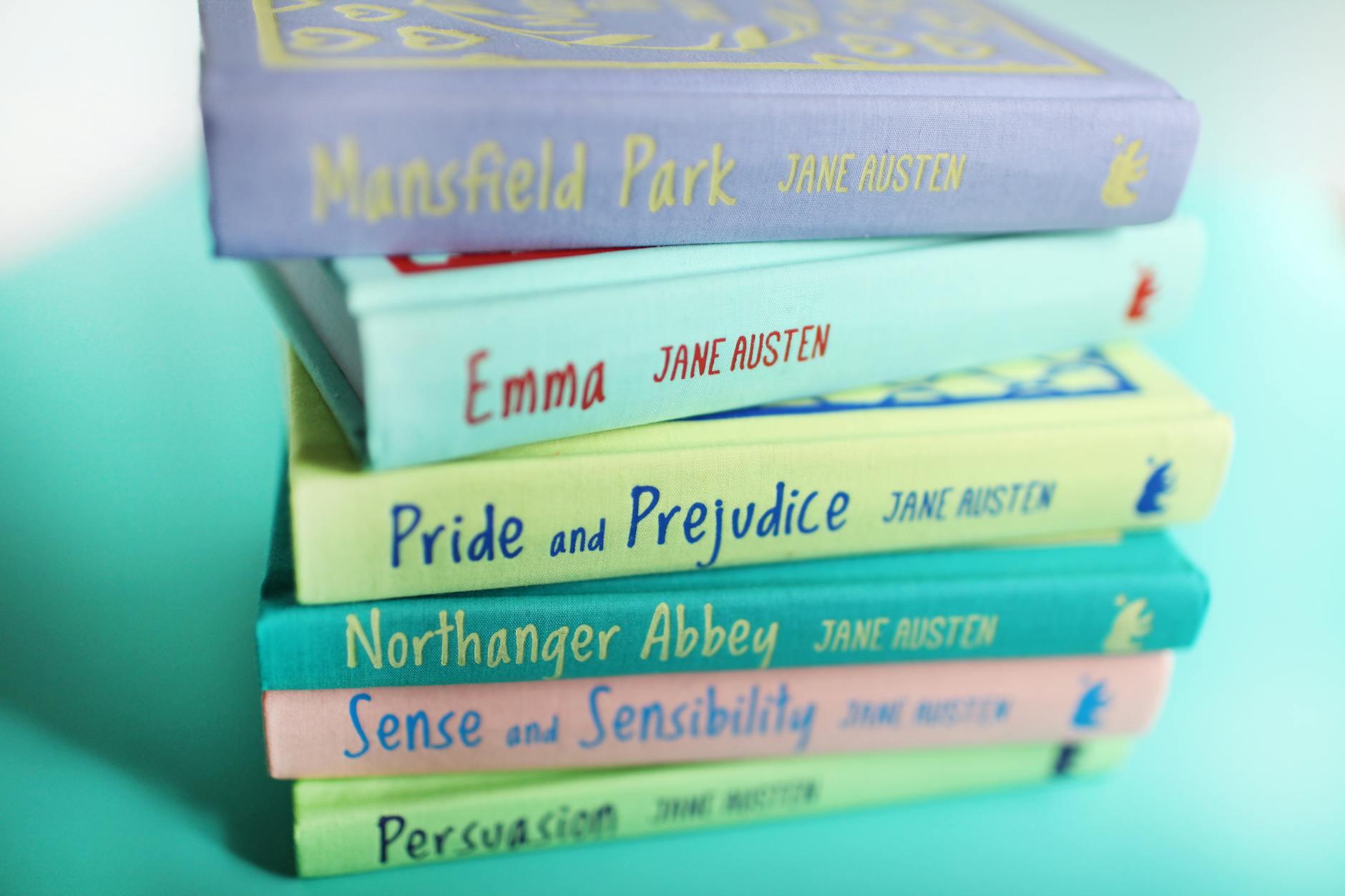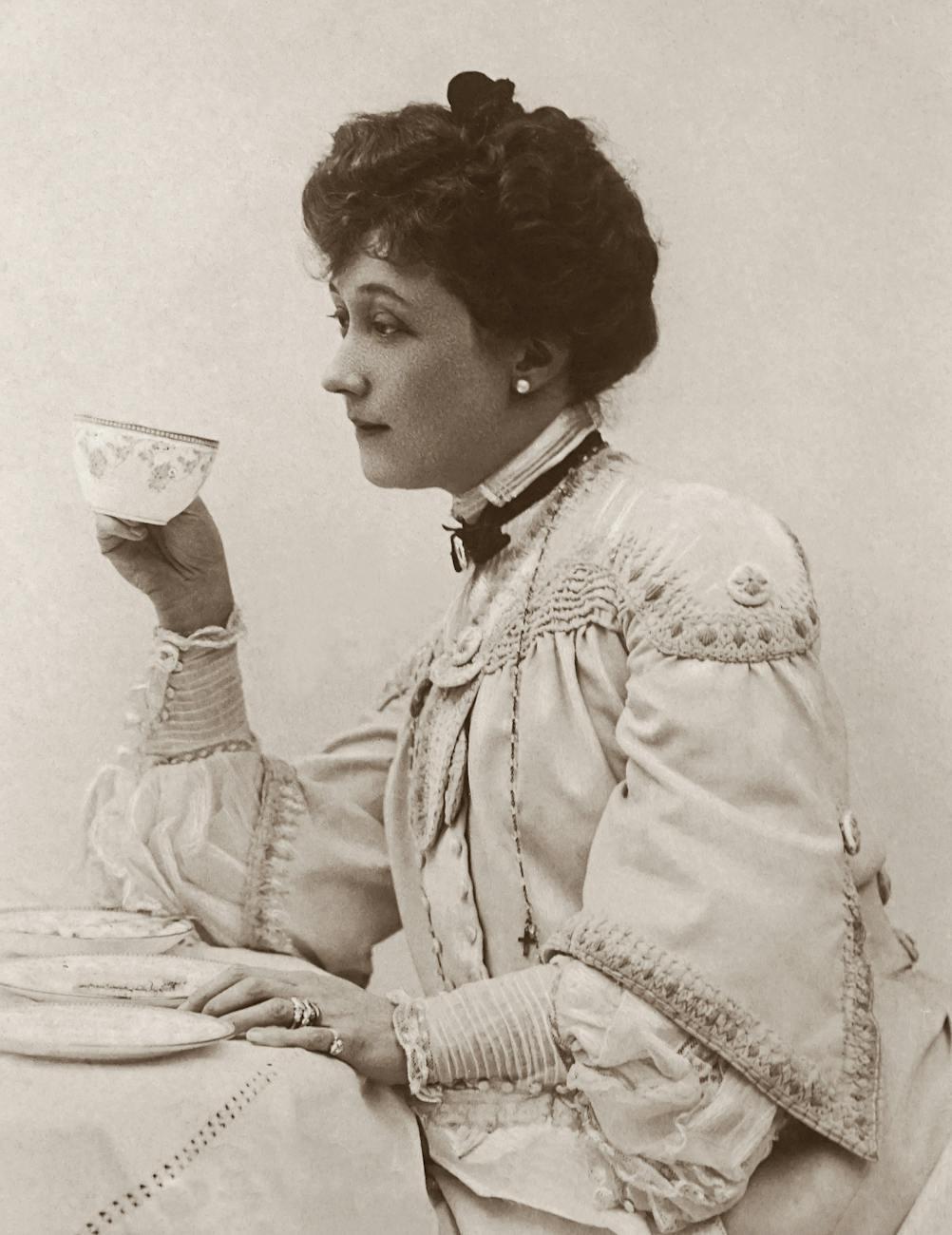Parnika Jain's Key Ideas from Emma
by Jane Austen
Ideas, facts & insights covering these topics:
5 ideas
·578 reads
4
Explore the World's Best Ideas
Join today and uncover 100+ curated journeys from 50+ topics. Unlock access to our mobile app with extensive features.
Jane Austen's Characters
Jane Austen is interested in personal relationships, what actually this or that person is like. Her characters are complicated and their inner world is revealed gradually through her works. The author doesn’t intend to confuse her readers but is willing to show that even though we feel we know people well, their behavior can be quite unexpected in some situations. These situations thus lead us to insecurity and oblivion.
10
185 reads
Marriage And The 19th Century Society
Marriage and social status are the two foci of Emma. Through Emma, Austen subtly satirizes her society’s obsession with social distinctions.
The relationship between marriage and social status creates hardship for characters. Frank Churchill must keep his engagement to the orphan Jane Fairfax secret because his wealthy aunt would disapprove. Jane, in the absence of a good match, is forced to consider taking the position of a governess. Finally, the match between Emma and Mr. Knightley is considered a good one only because they are well matched in social class as well.
10
117 reads
The Confined Nature of Women’s Existe
The novel’s limited, almost claustrophobic scope of action gives us a strong sense of the confined nature of a woman’s existence in early-nineteenth-century rural England. Emma possesses a great deal of intelligence and energy, but the best use she can make of these is to attempt to guide the marital destinies of her friends, a project that gets her into trouble. Emma possesses a great deal of intelligence and energy, but the best use she can make of these is to attempt to guide the marital destinies of her friends, a project that gets her into trouble.
10
96 reads
The Blinding Power of Imagination
The novel offers critical illustrations of the ways in which personal biases or desires blind objective judgment. Emma’s biases cause her to invent an attachment between Harriet and Frank thus blinding her of jane's attachment to Knightley. At the same time, Frank’s desire to use Emma as a screen for his real preference causes him to believe that she is aware of his and Jane's relation. The ironic detachment of the narrator allows us to see many of these misunderstandings before the characters do. And the plot is powered by realizations that permit characters to make more objective judgments.
10
83 reads
The real evils, indeed, of Emma’s situation were the power of having too much her own way, and a disposition to think a little too well of herself: these were the disadvantages which threatened alloy to her many enjoyments. The danger, however, was at present so unperceived, that they did not by any means rank as misfortunes with her.
JANE AUSTEN
11
97 reads
IDEAS CURATED BY
CURATOR'S NOTE
The novel centres on Emma Woodhouse, a precocious young woman whose misplaced confidence in her matchmaking abilities occasions several romantic misadventures.
“
Different Perspectives Curated by Others from Emma
Curious about different takes? Check out our book page to explore multiple unique summaries written by Deepstash curators:
1 idea
Saatiya Shabeer's Key Ideas from Emma
Jane Austen
1 idea
julia szumielewicz's Key Ideas from Emma
Jane Austen
Discover Key Ideas from Books on Similar Topics
16 ideas
Don't Believe Everything You Think (Glaub nicht alles, was du denkst)
Alexandra Reinwarth
20 ideas
Intelligentes Stressmanagement
Vera F. Birkenbihl
6 ideas
The Immune System Explained
Dinge Erklärt – Kurzgesagt
Read & Learn
20x Faster
without
deepstash
with
deepstash
with
deepstash
Personalized microlearning
—
100+ Learning Journeys
—
Access to 200,000+ ideas
—
Access to the mobile app
—
Unlimited idea saving
—
—
Unlimited history
—
—
Unlimited listening to ideas
—
—
Downloading & offline access
—
—
Supercharge your mind with one idea per day
Enter your email and spend 1 minute every day to learn something new.
I agree to receive email updates




